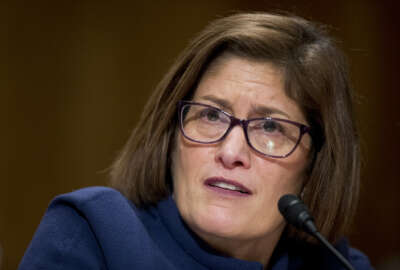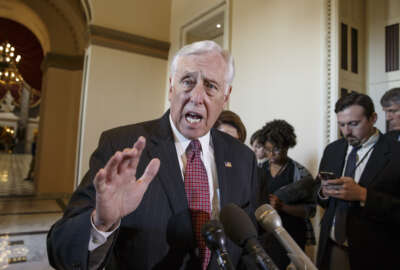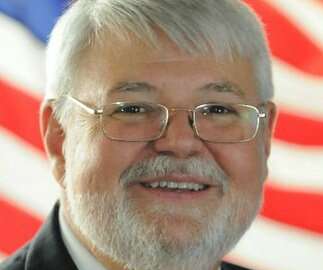
How federal employee groups hope to change negative view of the workforce
The National Treasury Employees Union and the Senior Executives Association both said they hope to better educate the new administration and Congress about the ...
If the first week of the 115th Congress is any indication, federal employee unions and associations will have a busy year ahead of them.
What they’re lobbying for — higher pay raises for federal employees, more resources for agency leadership development and personnel system reforms that don’t compromise due process rights or retirement benefits — aren’t necessarily new requests.
But both unions and federal associations hope they can change often negative dialogue surrounding the federal workforce and begin educating the new administration and Congress about its benefits.
“One of the responsibilities of an organization like the Senior Executives Association is to educate the administration and the Congress about the common misconceptions of the civil service and in doing so, change the nature of the debate,” Bill Valdez, the association’s president, said. “Rather than it being so pejorative and negative it becomes us looking to find a constructive solution that really advances the national interests.”
For lawmakers without large constituencies of feds in their districts, learning what exactly those employees do for their agencies can be more difficult.
The National Treasury Employees Union, for example, hears that complaint often about IRS employees. It represents about 75,000 of them.
“There are a lot of people who don’t understand that the IRS brings in 93 percent of our government’s revenue,” NTEU President Tony Reardon said. “If you don’t understand that, it might not be meaningful to you that the IRS budget has been cut by a billion dollars since 2010, and that has resulted in more than 20,000 employees no longer at the IRS [and] able to make sure that people are compliant in paying their taxes. There is an education process that needs to occur.”
Reardon said he and his members will spend the year meeting with as many members of Congress as possible.
“We’re going to be making a compelling case to the new administration and to the new Congress about why it is so important to appropriately pay federal employees and why it’s so important to make certain that federal agencies are provided with the resources they so desperately need,” he said.
Congress hasn’t always been receptive to those messages in the past. Reardon said he’s heard from some IRS employees who bring in their own office supplies from home to share, because their own agency doesn’t have what it needs.
SEA said it also plans to alter its approach in 2017.
“SEA has been much too reactive in the past and has sort of waited for bad things to happen to us,” Valdez said. “We’re going to take a much greater effort to anticipate where the challenges are coming from and then really develop a constructive solution to them.”
“We know civil service reform is going to be front and center,” he added.
President-elect Donald Trump, for example, has made it clear he wants to fire poor-performers in government more quickly, though it’s still unclear what form that proposal would take.
And many lawmakers in 2016 argued it simply takes too long to fire a federal employee under current law.
But Reardon disagrees, and he plans to make his opinion known as he meets with members of Congress.
This is where it is also important that we educate the new administration and those in Congress about what is already available to federal agencies in terms of disciplining and ultimately getting rid of employees,” he said. “They have the tools available to them already.”
There are signs that more serious conversations about civil service reform are coming. Lawmakers grew particularly frustrated last year, as they watched MSPB overturn punishments for three senior executives at the VA under the VA Choice Act.
The Office of Personnel Management itself recently suggested future administrations should organize more serious conversations about civil service reform.
“The last couple of years were a pilot program to test the boundaries of what’s possible, and VA unfortunately was the test case,” Valdez said. “There have been some lessons learned there. There is a notion that we need to move to full civil service reform, with accountability being at the forefront of that.
SEA is also considering how it can contribute to the discussion of strengthening the senior executive leadership pipeline. Valdez said the association plans to work with OPM and the Office of Management and Budget to develop new proposals.
But new programs will need resources to support them.
“We’d like to see money in agency accounts that’s dedicated to leadership training — starting at lower levels, GS-12s [and] GS-13s,” Valdez said.
Copyright © 2024 Federal News Network. All rights reserved. This website is not intended for users located within the European Economic Area.
Nicole Ogrysko is a reporter for Federal News Network focusing on the federal workforce and federal pay and benefits.
Follow @nogryskoWFED





